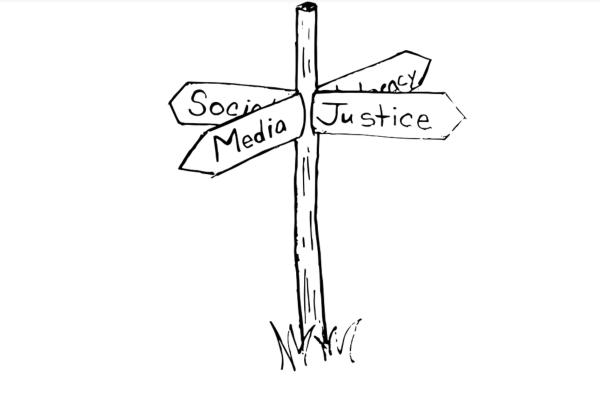A growing chorus of political commentators and social scientists claims that the West is using genetically engineered crops to “re-colonize” developing countries. The anti-GMO movement has hurled this accusation at American biotech companies and university scientists for decades, but they've gained powerful allies in recent years, including ostensibly reputable outlets like Scientific American and Slate.
In all its forms, this anti-biotech argument is absurd, defying both common sense and the available evidence. But given its reputation as one of the world's premiere science publications, SciAm's version of the “colonial model of agriculture" is certainly the strangest. Consider this, from a piece published just last week:
At its base, GM crops are rooted in a colonial-capitalist model of agriculture based on theft of Indigenous land and on exploiting farmers’ and food workers’ labor, women’s bodies, Indigenous knowledge and the web of life itself.
If you're skeptical of the idea that GM crops exploit “the web of life itself,” your doubts are fully justified. Plant geneticist Kevin Folta and I explained why on a recent episode of his Talking Biotech podcast: Is Biotechnology Just The New Colonialism?
We covered the specific claims made throughout the SciAm piece, but the key takeaway is this: there is an intense effort underway to turn science communication into a glorified form of social justice activism; the assault on biotechnology is only issue in this broader campaign. Young-earth creationism isn't just a fundamentalist religious belief, it's rooted in white supremacy. Mathematics is a hotbed of misogyny with a “white, patriarchal past.” Biological sex isn't inclusive enough, so women are now called “bodies with vaginas” in some quarters.
This is “fashionable nonsense,” as my former colleague Dr. Alex Berezow called it, and it's hindering efforts to communicate science to the public. Check out the podcast to learn more.




